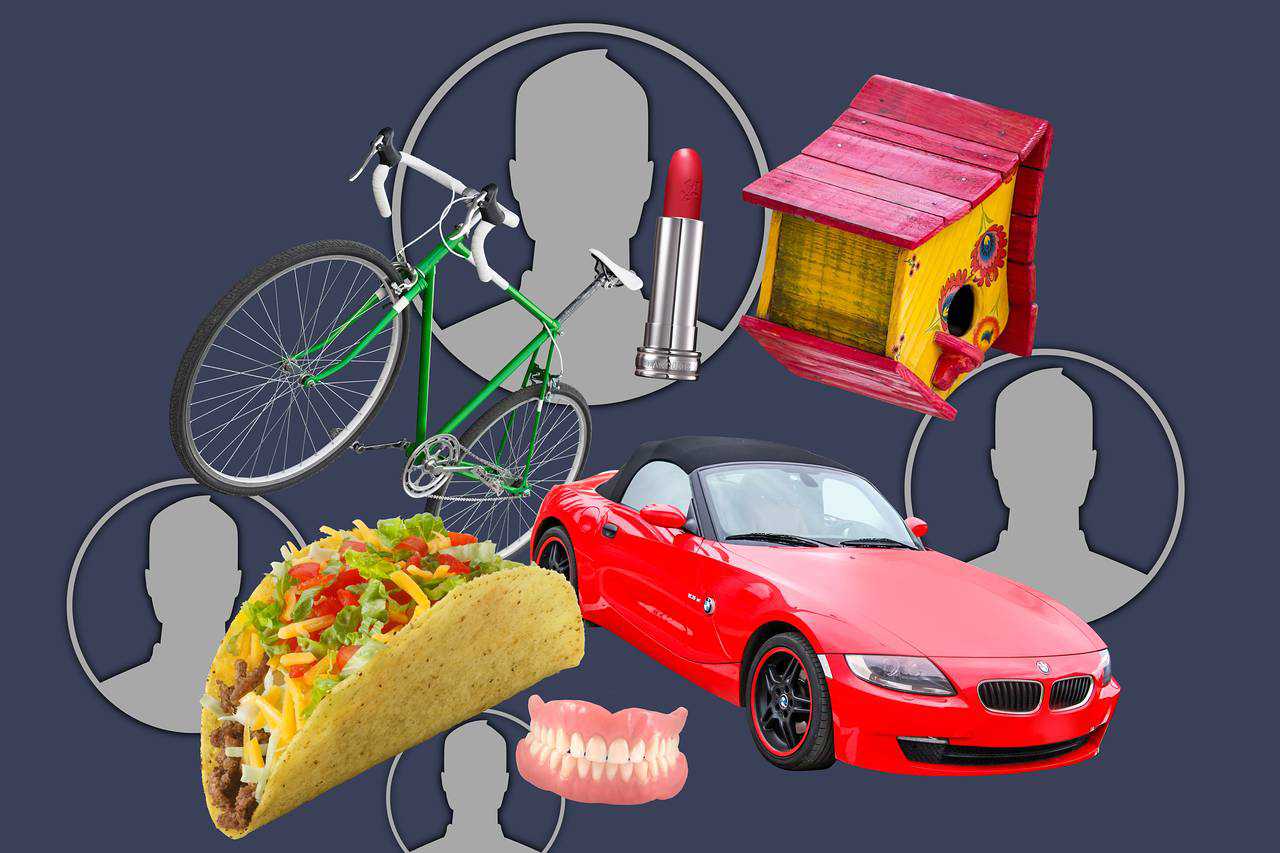Facebook Marketplace: The Wild West of E-Commerce

Image collected
Facebook Inc. created an online flea market where users not only see all the bicycles, bird houses and BMWs for sale nearby, but also the names, profile photos and general locations of buyers and sellers.
It is so popular that more than one in three people in the U.S. use it monthly, according to Facebook. Because Facebook started as a platform for people who knew each other, its Marketplace—at least in theory—operates on the notion that on the other side of every online deal is a real person with a network of friends and a social-media history.
But the experiences of many people who use the marketplace suggest that creates a false sense of security and a fertile ground for scams or misconduct—on both ends of transactions.
Ryan and Allison Roots are full-time resellers -- they take new and used items, mark them up, and sell them online for a profit. Through reselling, mentoring aspiring resellers, and growing a YouTube following, the couple says they’re bringing in six figures.
Some buyers say Facebook sellers change prices on items, list stolen or fake products, or are scammers operating under multiple profiles. Sellers say they are sometimes dealing with unreasonable offers, fraudulent payments or no-shows at scheduled meetups.
Bad actors sometimes disappear after blocking the victim—a feature that prevents someone from seeing a profile. Facebook Marketplace also allows buyers and sellers to put their reviews on private mode, which many people say defeats the purpose of creating a community of reviewers and building trust.
Sgt. Robert Parsons of the Dunwoody, Ga., police department said a Facebook Marketplace sale in his town ended up as a robbery at gunpoint. Such incidents have prompted Dunwoody and police departments across the U.S. to open up their offices as a safe meeting place for people making Facebook transactions.
“Criminals have turned it into a place where they can get access to victims,” Sgt. Parsons said. “Just because someone has a Facebook profile doesn’t mean that’s who you are talking to.”
On help forums, Facebook advises users who say they have been the victims of crimes to call law enforcement or report an offending profile to Facebook. Facebook also said users can assess from someone’s profile how long they’ve used the site and whether there are any mutual friends.
“We are constantly working to make Marketplace as safe and reliable a place to buy and sell as possible,” said a Facebook spokeswoman. “Ultimately these are transactions between real people and, while we have robust measures and advice in place to try to keep people safe, no system is perfect.”
Deborah Liu, Facebook’s vice president of marketplace and commerce, said she spearheaded the launch of the marketplace three years ago to encourage the bartering behavior that was taking place in informal Facebook user groups.
Like Craigslist, the social-media giant doesn’t exercise control over payment, delivery or pricing. It also doesn’t charge users. Facebook makes money by selling ads, which appear between product listings.
Unlike Facebook groups, which can boot a member for violating rules, Marketplace offers no such control to users, though Facebook itself can revoke a users’ buying or selling privileges after a review, according to Ms. Liu. She said that a team of reviewers scrutinizing flagged profiles need to ensure they aren’t booting people unfairly. “We actually have to do some due diligence and understand what happened.”
Lindsey Sterling, a 30-year-old nurse in Toronto, said she often sells makeup on the marketplace because it is so easy to use, but the lack of oversight is problematic. Earlier this year, she purchased a Kylie Jenner lip kit from a woman in Toronto and transferred $30. “The profile looked legit,” she said.
The person continued promising it was on its way, but the package never arrived, she said. She and her friends have been scammed so many times that they joined a Facebook group called “Facebook Marketplace Scammer Alert,” she said. The purpose of the group is for members to warn each other about bad actors, particularly those who have set up multiple profiles. It has over 2,000 members.
The number of users on Facebook makes it easy for sellers and buyers to find each other and chat capabilities make in-person meetups seamless. Brian Nowak, a Morgan Stanley analyst, told Facebook executives on a February conference call that he used the marketplace to unload a 50-pound steel anchor in the yard of a house he had purchased.
“It sold in a day,” he said on the call. Then he listed old shoes, which also went quickly. “There’s a lot of liquidity,” he said.
Source: https://www.wsj.com
Tags :
Previous Story
- Instagram direct messages to combine with Facebook Messenger
- Week in Review: Equifax, Capital One and your...
- Websites using Facebook 'Like' button liable for data,...
- Editorial: Facebook’s $5 billion fine won’t fix privacy
- Alphabet to continue talks with US DoJ in...
- Libra scams are already proliferating on Facebook
- Facebook, Amazon and Alphabet take center stage on...
- As the controversy mounts, Facebook still seems to...